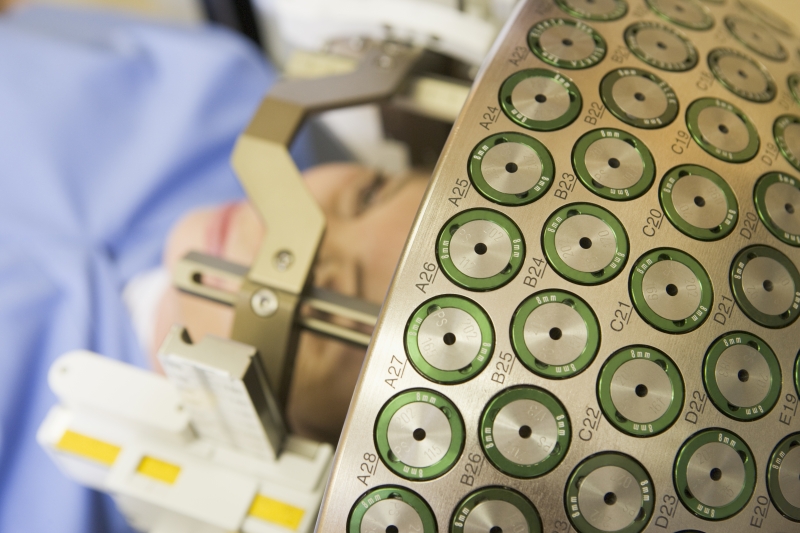Introduction
Radiotherapy and oncology are two principle techniques in the treatment, diagnosis and prognosis of cancers. Oncology is the study of medicine dealing with tumours and a doctor practicing oncology is known as an oncologist. Radiotherapy is a kind of intensive radiation treatment used to help fight, and sometimes cure, cancers.
Radiotherapy
Radiotherapy, also known as radiation oncology, is therapy that uses ionized radiation to treat cancerous tumours, or to kill off dead or malignant cells.If the type of cancer is localised then radiation therapy can provide a cure for that type of cancer. However, if the cancer is metastatic then radiotherapy is used mainly to prevent further spreading.Because radiotherapy uses radiation it can prove quite an invasive process and can make patients very sick, more so than they would be on chemotherapy. However, radiotherapy is stronger and considerably more concentrated and thus can often have more positive results in the long term.A doctor who specialises is radiotherapy treatment is known as a radiation oncologist.
Oncology
Oncology is the study of cancer and there are generally three types of oncologist; medical, surgical and radiation. They will often work in conjunction with one another to treat a cancer patient.The role of an oncologist is to be responsible for the care and treatment of a patient. They will often give a diagnosis and prognosis early on in the process as well as implementing a treatment plan, through discussions with the patient.Oncologists are experts in the kind of therapy warranted and also in palliative care measures. They will be able to suggest the best course of treatment or action for a patient, as well as advising of any side-effects.
Conclusion
Overall radiotherapy is a treatment plan for cancer which is generally overseen by an oncologist, usually a specialist in radiotherapy. All the elements involved are paramount to the treatment of cancer patients and all parts of the process must work in unison to give the patient the best possible chance of recovery, survival or prolonged life.
